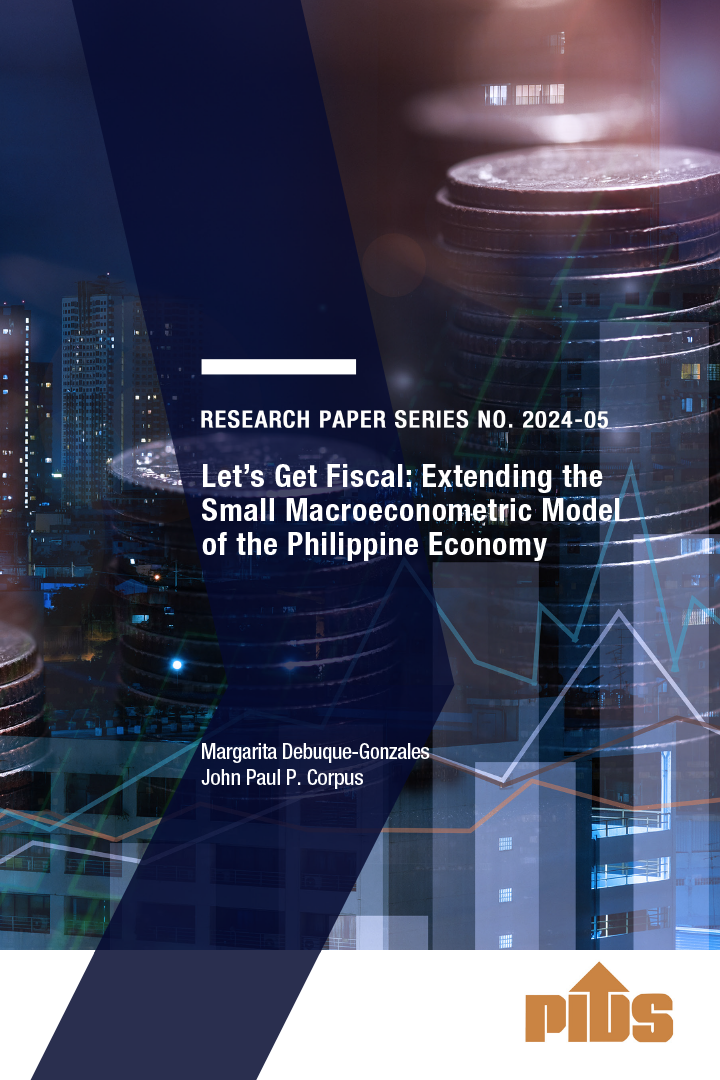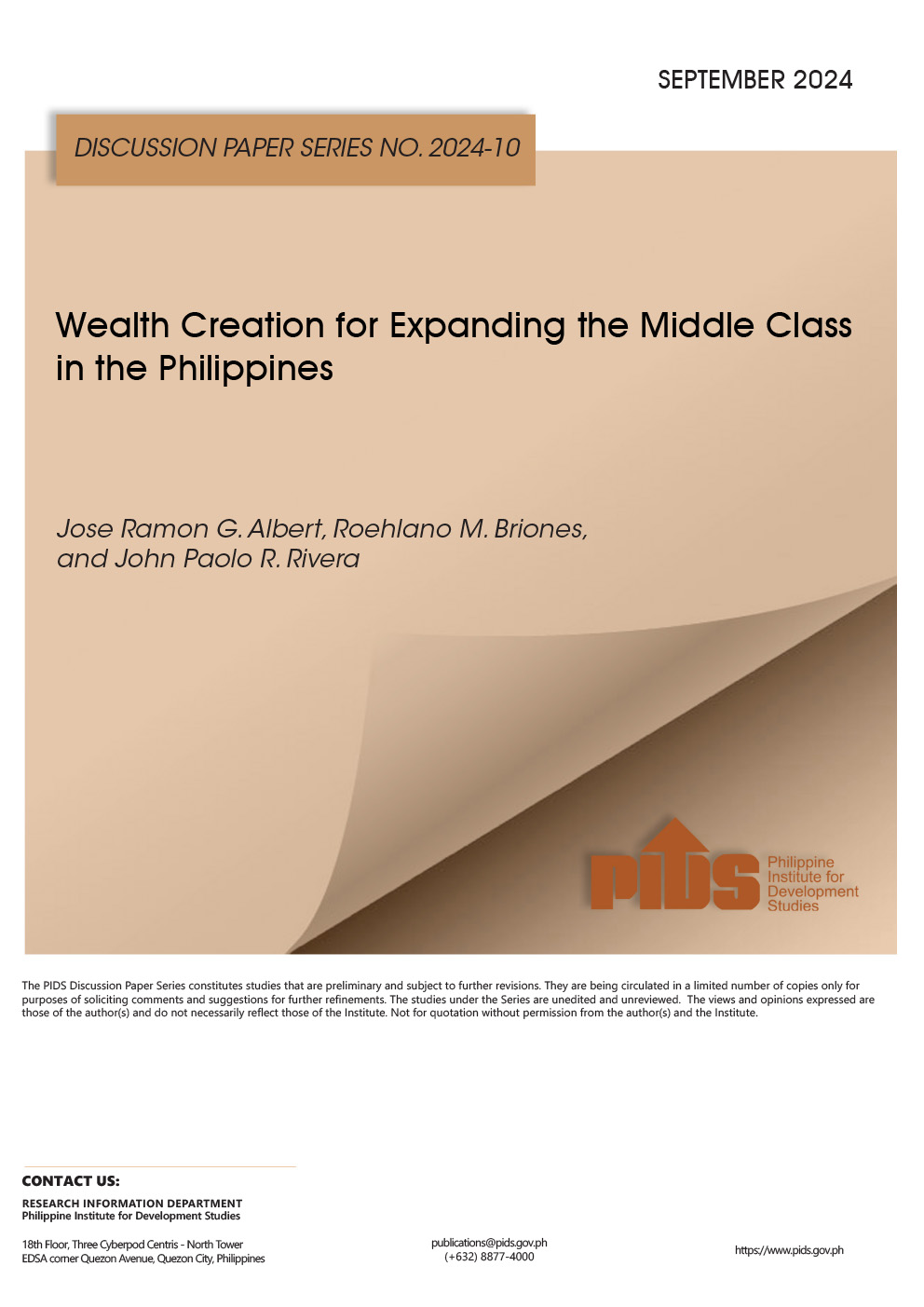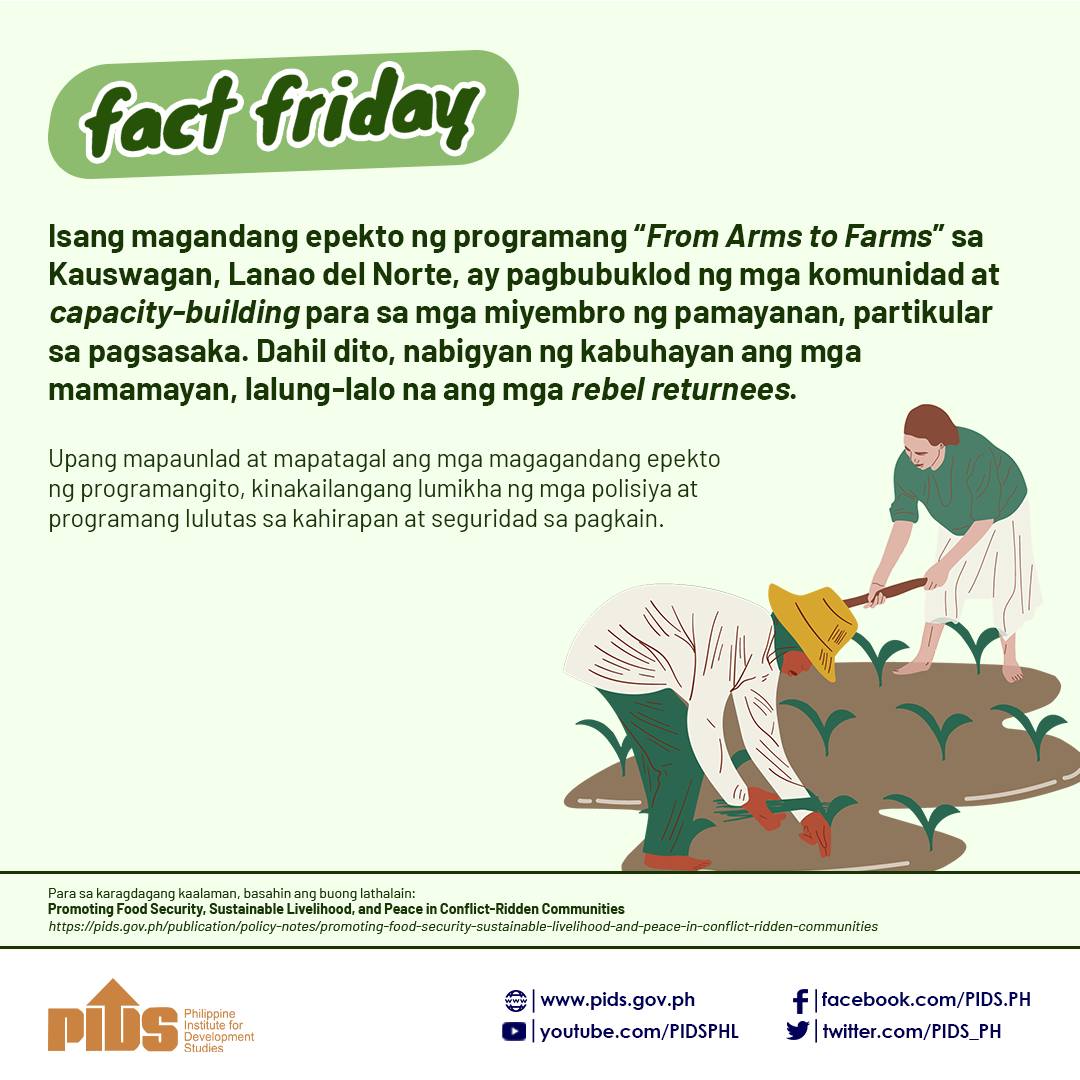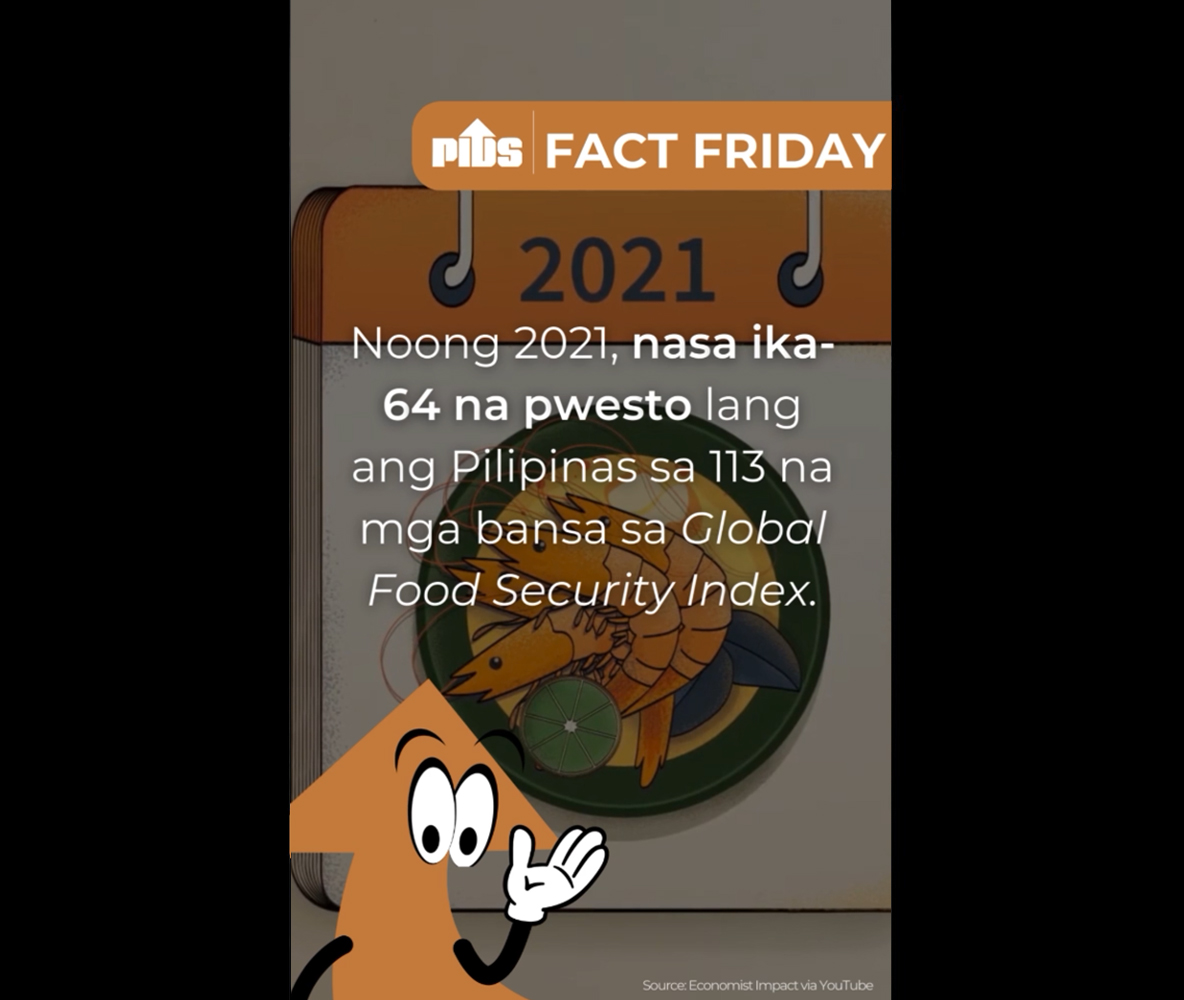THE Philippines should champion the Blue Economy Agenda in the Asia-Pacific Economic Cooperation (Apec) to attain food security, according to a study released by state-owned think tank Philippine Institute for Development Studies (PIDS).
This was the recommendation of the discussion paper, titled "Inputs for Philippine Hosting of Apec 2015: Food Security,” authored by PIDS senior research fellow Roehlano Briones, research analyst Ivory Myka Galang and senior research fellow Danilo Israel.
Blue Economy refers to the sustainable use of marine resources through fisheries, energy and international trade. This contributes to efforts that promote the Green Economy, which furthers economic growth while preserving the environment.
"The Philippines can aggressively champion the Blue Economy approach as an innovative way of managing the national and Apec-wide fisheries resources and coastal and oceanic waters,” the study stated.
"The Blue Economy stands for a way of designing [a] business by using the resources available in cascading systems, where the waste of one product becomes the input to create a new cash flow,” it added.
The study stated world leaders at the Rio+20 Summit in 2012 said the Green Economy highlights poverty eradication, social inclusion and employment opportunities, while maintaining healthy ecosystems.
The Blue Economy contributes to the Green Economy because it aims at creating jobs and rising incomes, while saving and preserving the environment through the marine and fisheries sector.
The study said the Philippines can champion the Blue Economy through the promotion of sustainable food-supply chains, which is part of the Apec’s Road Map for Food Security by 2020.
The road map has three key components: developing sustainable agricultural and fishery sectors; facilitating investment and infrastructure development; and enhancing trade and markets.
"A sustainable food-supply chain must have a steady resource base, must be financially viable and must be resilient to shocks or threats [e.g., climate change, growing population and others],” the study stated.
"The Philippines can continue to highlight the looming threat of climate change, the need to initiate and sustain growth of incomes of smallholders within resilient value chains, ensure farm to fork integrity of supply chains to ensure food security for the consumer,” it added.
The study stated that by championing the Blue Economy, the Philippines can also provide much-needed support for the agriculture sector, particularly fisheries, which only accounts for 20 percent of the output of the farm sector.
While the country’s economic success has been impressive in recent years, the study lamented that this growth has not trickled down to the poor, especially agriculture-dependent households.
The authors said that while the farm sector accounts for 12 percent of the country’s gross domestic product in 2010, it accounts for a third of the Philippine labor force.
The study cited data showed poverty incidence among agriculture-dependent households was 57 percent in 2009, while that of nonagricultural households was only 17 percent.
The high poverty incidence resulted in a rise in hunger and malnutrition cases. The Global Hunger Index in 2013 showed that the average proportion of undernourished in the population was at 17 percent between 2010 and 2012.
PHL urged to champion ‘Blue Economy’ to gain food security











